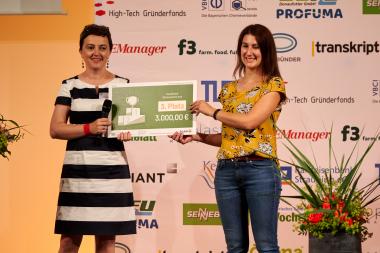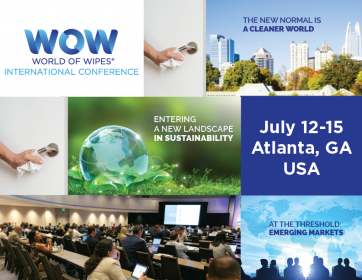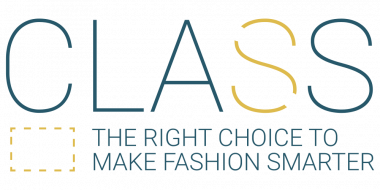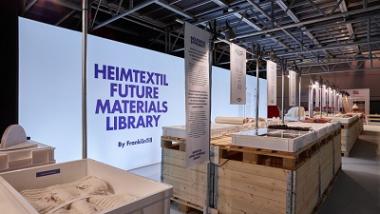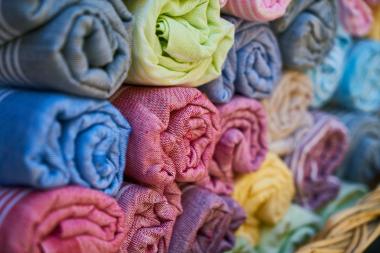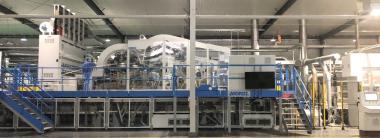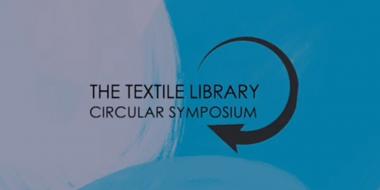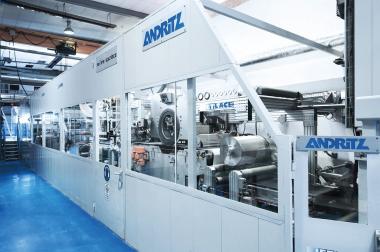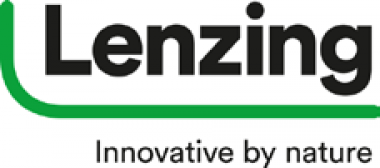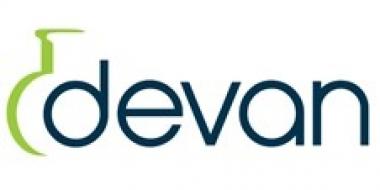Marabu to be climate neutral from July 2021
Marabu is one of the first ink manufacturers to achieve climate neutrality. All Marabu Business Units will, where possible, make a specific contribution to achieve the 17 United Nations Sustainable Development Goals (SDGs) with PROJECT GREEN and therefore participate in the Green Deal.
"We are safeguarding the future of the next generations and are proud that we have managed to be a climate neutral company from July 2021 with the Tamm and Bietigheim sites. All our products, whether printing inks or creative colours, are climate neutral, too," explains York Boeder, CEO Executive Committee. "Our so-called PROJECT GREEN combines all measures that are taking us on our journey to climate neutrality. Climate protection is a particular concern for us, to which we have made a binding commitment within the scope of an extensive sustainability strategy. In accordance with our Marabu Green Deal, we avoid and reduce emissions wherever possible, e. g. by using green electricity, energy-saving schemes, mobility concepts or environmentally friendly materials. We offset all unavoidable CO2 emissions by supporting internationally certified climate protection projects. We are continually implementing measures to improve our carbon footprint and update them annually to make their success measurable. We have therefore set ourselves the active goal of reducing our CO2 emissions by another 25 % by 2030."
For decades, Marabu has invested in the research and development of safe production processes, environmentally friendly products, and clean technologies with the aim of preserving the natural environment. Marabu has worked with Climate Partner to analyse all the CO2 emissions from the sites in Tamm and Bietigheim and determine its carbon footprint. Including all product-related factors such as raw materials and logistics, Marabu currently generates approx. 18,500 tons of unavoidable CO2 emissions. This value is the positive result of a number of climate-friendly measures pursued by Marabu, such as the early switch to green electricity in 2007.
Marabu's main activities to avoid and reduce CO2 emissions:
- Energy - Switching to green electricity from hydropower
- Mobility - Migration of the company's vehicles to electric and hybrid cars as well as in e-charging stations
- Production - Use of renewable energies and resource-efficient production processes
- Raw materials - Replacing critical substances with environmentally friendly alternatives for new and existing products
- Transporting - Climate-neutral freight carriers and lower-emission transport methods like shipping or road transport replace air freight wherever possible
- Product technology - Modern, low-emission products
Marabu GmbH & Co. KG










